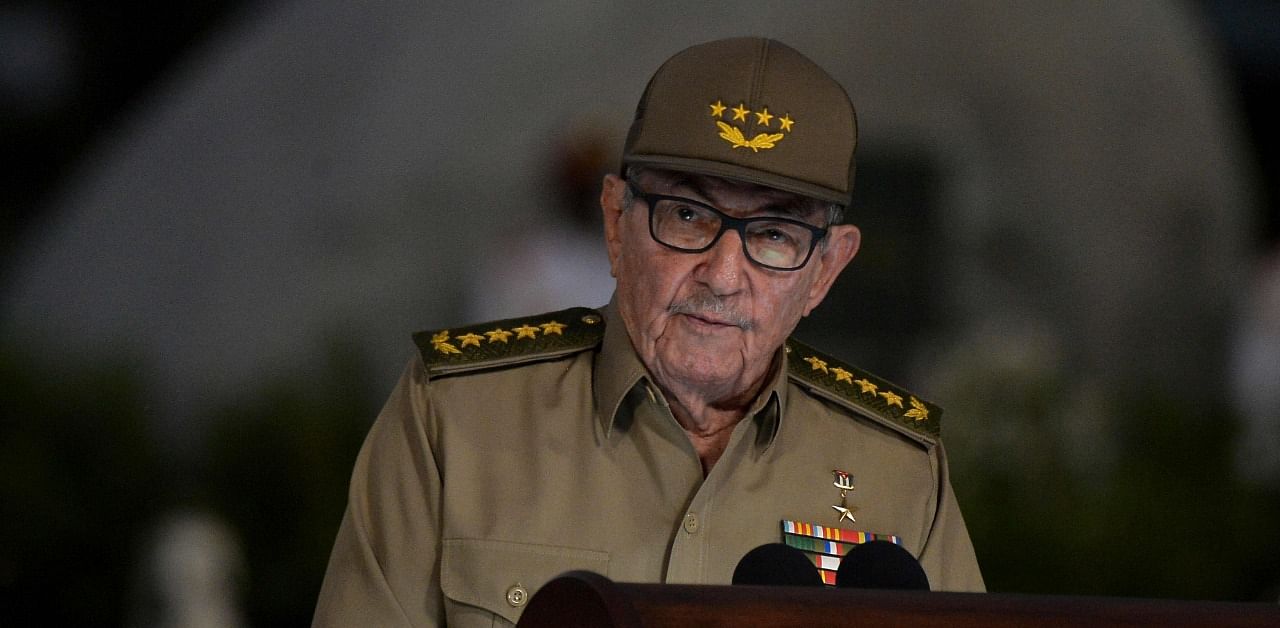
Cuba's ruling Communist Party announced Wednesday it would hold its annual congress in April, an event that will likely mark the end of the Castro era.
Raul Castro, the 89-year-old party's First Secretary and former president has already said he will bow out of public life at the 2021 congress.
Other survivors of the generation that forged the 1959 revolution alongside Raul's brother Fidel Castro and Che Guevara are likely to follow suit, according to party newspaper Granma.
They include deputy leader Jose Ramon Machado Ventura.
"This will be the congress of continuity, expressed in the gradual and orderly passage of the country's main responsibilities to the new generations," Machado Ventura said in a statement.
"The revolution is not limited to those who led it to triumph on that glorious January 1 (1959), but also incorporates the will and commitment of those who have made it theirs for all these years and those who will continue its work," he said.
The next party congress will take place from April 16-19 next year, the party's newspaper Granma announced.
Miguel Diaz-Canel, the 60-year-old who succeeded Castro as president in 2018, is tipped to take over leadership of the party.
Wednesday's announcement underlined the will of the authorities to continue a slew of economic reforms begun under Castro in 2008, despite an economic crisis deepened by the coronavirus pandemic.
"The current situation cannot justify a delay in these processes. On the contrary, it is necessary to give them impetus," the statement said.
In a message directly addressed to the nascent private sector, the CCP said that "the links between the state and non-state sectors of the economy must continue to develop, within the framework of the defined economic strategy."
The party also pointed out that "social networks and the internet have become a permanent place of ideological confrontation, where our arguments must also prevail in the face of enemy campaigns."
A group of artists and intellectuals have caused a stir in the country by using the internet to publicize calls for greater freedom of expression, taking their protest to the gates of the Culture Ministry building in Havana.